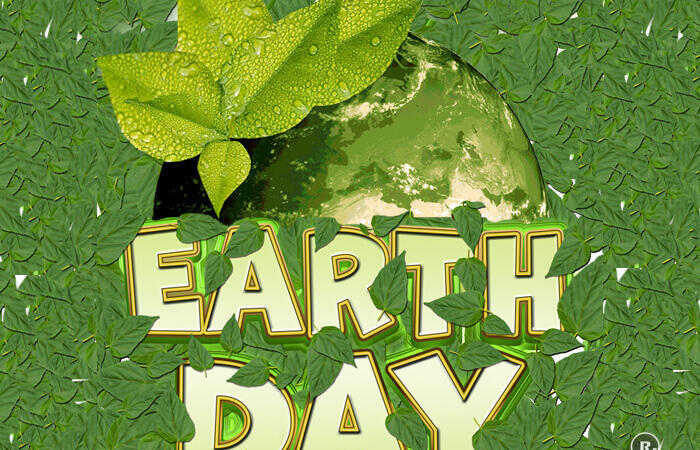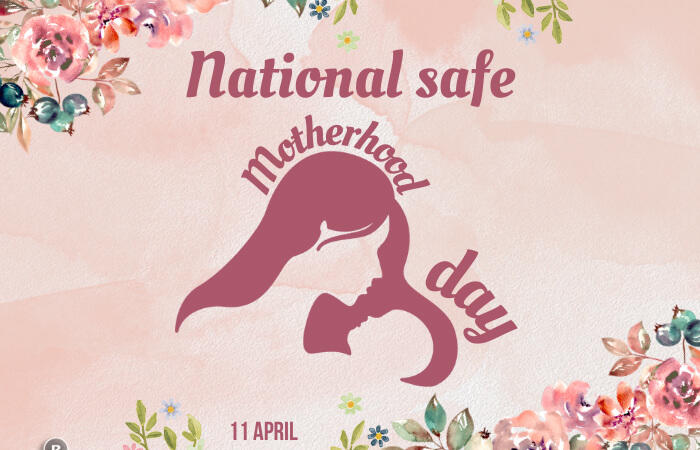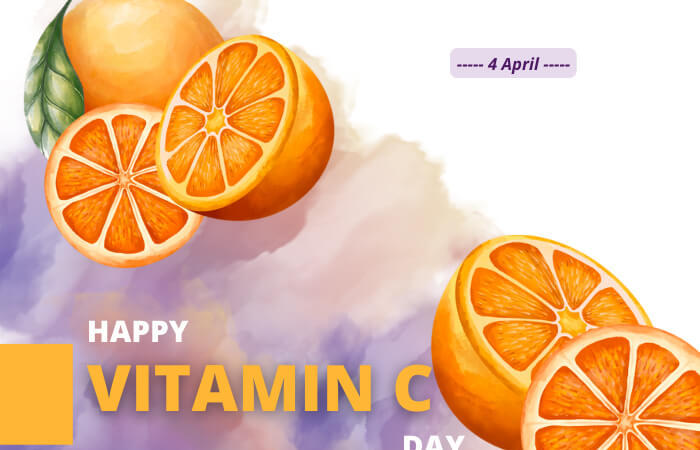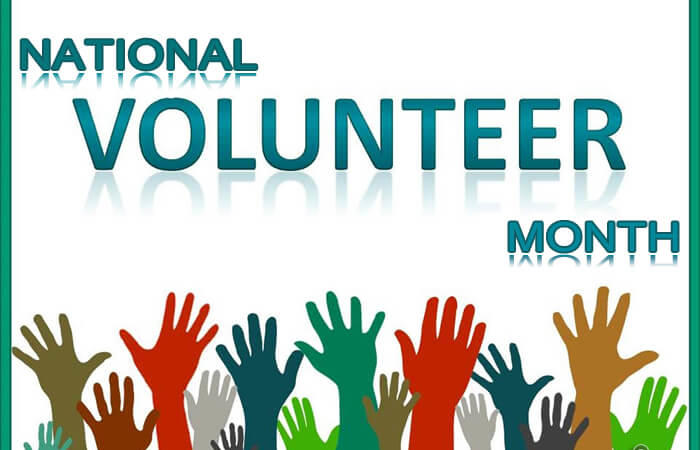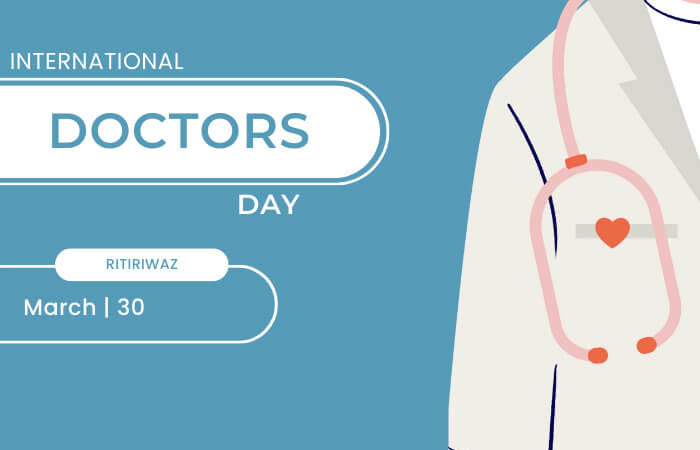International Day for the Abolition of Slavery
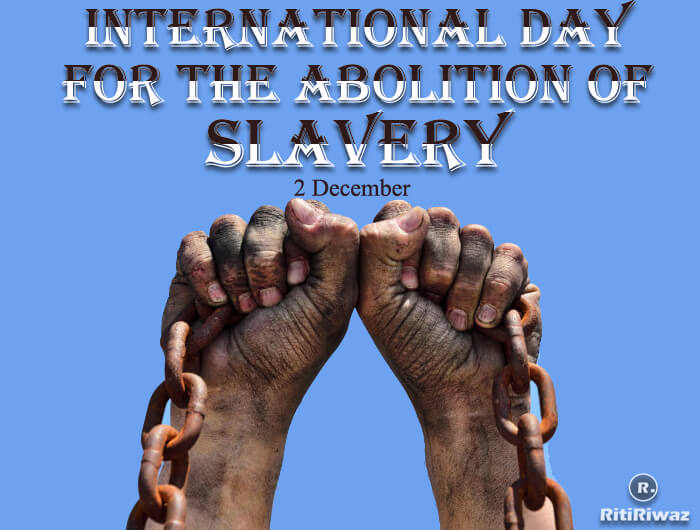
Every year on December 2nd, the International Day for the Abolition of Slavery draws attention to slavery that still exists in the world. This yearly event is an opportunity to raise awareness of Slavery, promote how incidents can be reported, and highlight the ways in which the Government is tackling the issue.
Slavery is not merely a historical relic. According to the International Labour Organisation (ILO), more than 40 million people worldwide are victims of modern slavery. Slavery can be in form of Domestic Servitude, Sex Trafficking, Forced Labor, Bonded Labor, Child Labor, and Forced Marriage.
Although modern slavery is not defined in law, it is used as an umbrella term covering practices such as forced labor, debt bondage, forced marriage, and human trafficking. Essentially, it refers to situations of exploitation that a person cannot refuse or leave because of threats, violence, coercion, deception, and/or abuse of power.
The day is observed to educate the public on issues of slavery, to mobilize political will and resources to address the global problem of slavery, and efforts to abolish slavery in every form.
The International Day for the Abolition of Slavery, observed annually on December 2, serves as a global call to action to combat modern forms of slavery.
History
The International Day for the Abolition of Slavery recalls the adoption of the UN Convention for the Suppression of the Traffic in Persons and of the Exploitation of the Prostitution of Others (resolution 317(IV) of December 2, 1949). The day was created in 2014 by the United Nations (UN).
To remember the convention, a UN report of the Working Group on Slavery recommended in 1985 that December 2 be proclaimed the World Day for the Abolition of Slavery in all its forms. By 1995, the day was known as the International Day for the Abolition of Slavery.
The Sustainable Development Goals, and in particular target 8, which promotes sustained, inclusive, and sustainable economic growth, full and productive employment, and decent work for all, cannot be achieved unless efforts are drastically intensified. to eliminate slavery.
Discrimination plays a large part in slavery, as those who are discriminated against are more likely to become enslaved due to their race, gender, or caste. Females are heavily affected with 99% of sex trafficking victims being girls or women. Forced marriage is also a form of slavery; stripping girls of choice over their own future from a very young age and placing them into circumstances where they are often at the further threat of sexual and domestic violence. Human trafficking consists of transporting, recruiting, and harboring individuals for exploitation.
What is needed to be done?
On this date every year, organisations come together to hold events and activities that focus on raising awareness of the main forms of modern slavery. States, UN bodies, human rights institutions, and civil society must also address the root causes of slavery, including the economic, social, and conflict factors that drive people into such situations. The world community needs to actively pursue the goal of abolishing modern slavery and preventing such practices from recurring in the future.
“The moment the slave resolves that he will no longer be a slave, his fetters fall. Freedom and slavery are mental states.” – Mahatma Gandhi
Suggested Read: Important Days In December


